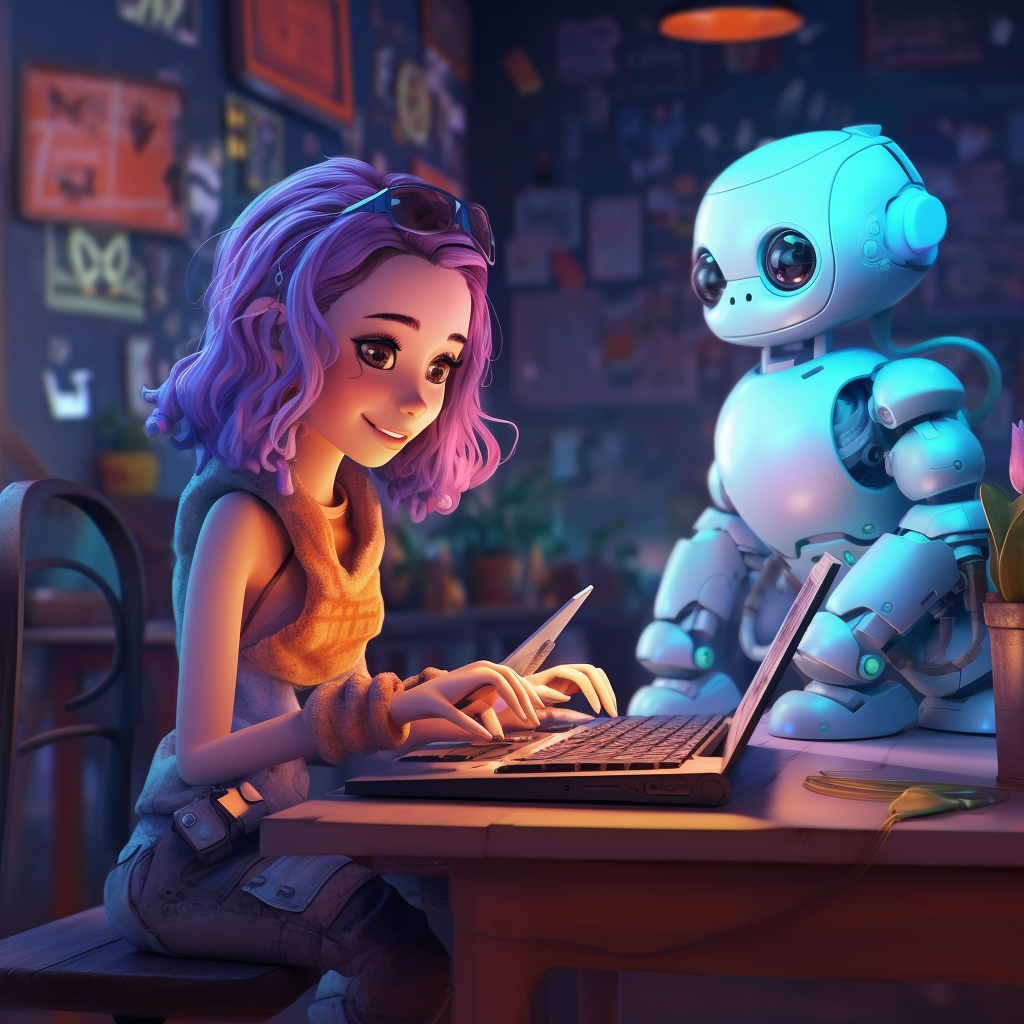12 June 2023 | Articles, Articles 2023, Management | By Christophe Lachnitt
Nature vs. Nurture: What Is Artificial Intelligence Changing?
An experiment conducted by the Massachusetts Institute of Technology (MIT) raises the question.
The research aimed to examine the effects of ChatGPT on productivity for intermediate-level writing tasks. It’s important to note that those tasks correspond to the intrinsic abilities of OpenAI’s chatbot and are more relevant to white-collar workers than blue-collar workers. Beyond automation, the impact of artificial intelligence on the job market will first affect administrative employees and executives.
In the MIT experiment, 444 individuals with higher education backgrounds were assigned writing tasks. Half of them were randomly selected to use ChatGPT. ChatGPT significantly increased the average productivity of the participants who used it.
Furthermore, and even more interestingly, the use of the chatbot reduced inequality among participants by bringing the output of the least naturally talented individuals closer to that of the most talented ones. Last but not least, the use of ChatGPT increased job satisfaction among the participants.

(CC) Midjourney – My prompt : “A woman typing on a laptop with the help of a cute robot Pixar style”
The conclusions of the MIT experiment raise two obvious questions: Will artificial intelligence, by making less skilled employees better, devalue the value of experts within organizations? Consequently, will salaries decrease as human contribution is leveled by artificial intelligence?
Here, it seems necessary to make a distinction between nature and nurture. Certainly, artificial intelligences will be able to erase a significant portion of certain innate talents, as demonstrated by the research conducted by MIT. But other talents, acquired ones, will remain decisive.
I will mention three skills that, in my opinion, all professionals fearing competition from artificial intelligence should cultivate:
- Humanity: Until algorithms can feel emotions as finely as humans, the latter benefit from a unique asset that they have cultivated in their relationships with others since they were born.
- Judgment: Often, it’s not just possessing the skills that makes a difference, but rather how they are applied, especially in urgent or crisis situations. The capacity for judgment, developed through life experiences, is currently lacking in artificial intelligences.
- Motivation: The passion for work, and even more so, for well-done work, which some nurture throughout their studies and careers, may not always differentiate them from artificial intelligence’s activities. Still, it can set employees apart from their colleagues and give them an advantage in the job market.
In conclusion, I want to emphasize a broader perspective: Everyone urgently needs to learn to work with artificial intelligence. Beyond the reform of the education system – which represents a colossal challenge -, it is today the responsibility of each individual to learn to master those tools with a focus on continuous learning and improvement. If you wait for your employer to offer you training in this field, it will be too late, as those technologies are evolving rapidly and require practice to be understood.
This personal investment is all the more important as, in my opinion, you are more likely to be replaced tomorrow by someone who knows how to work with AIs than by an AI.


